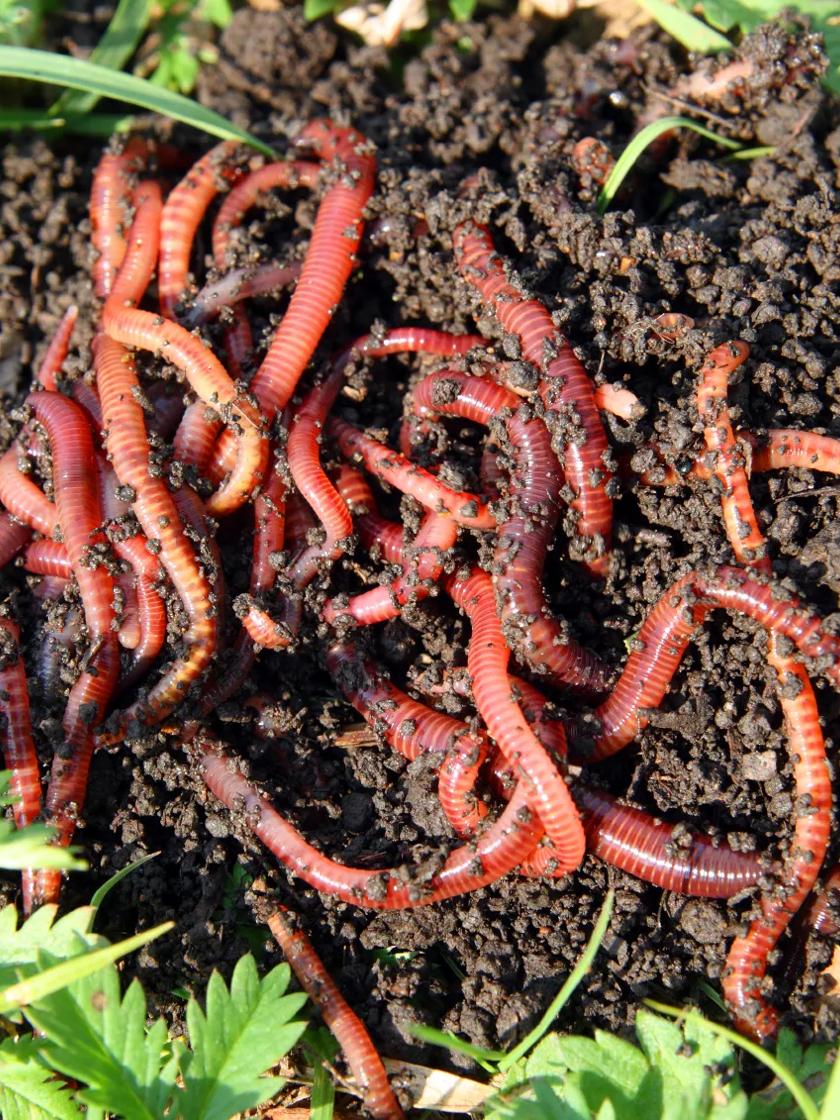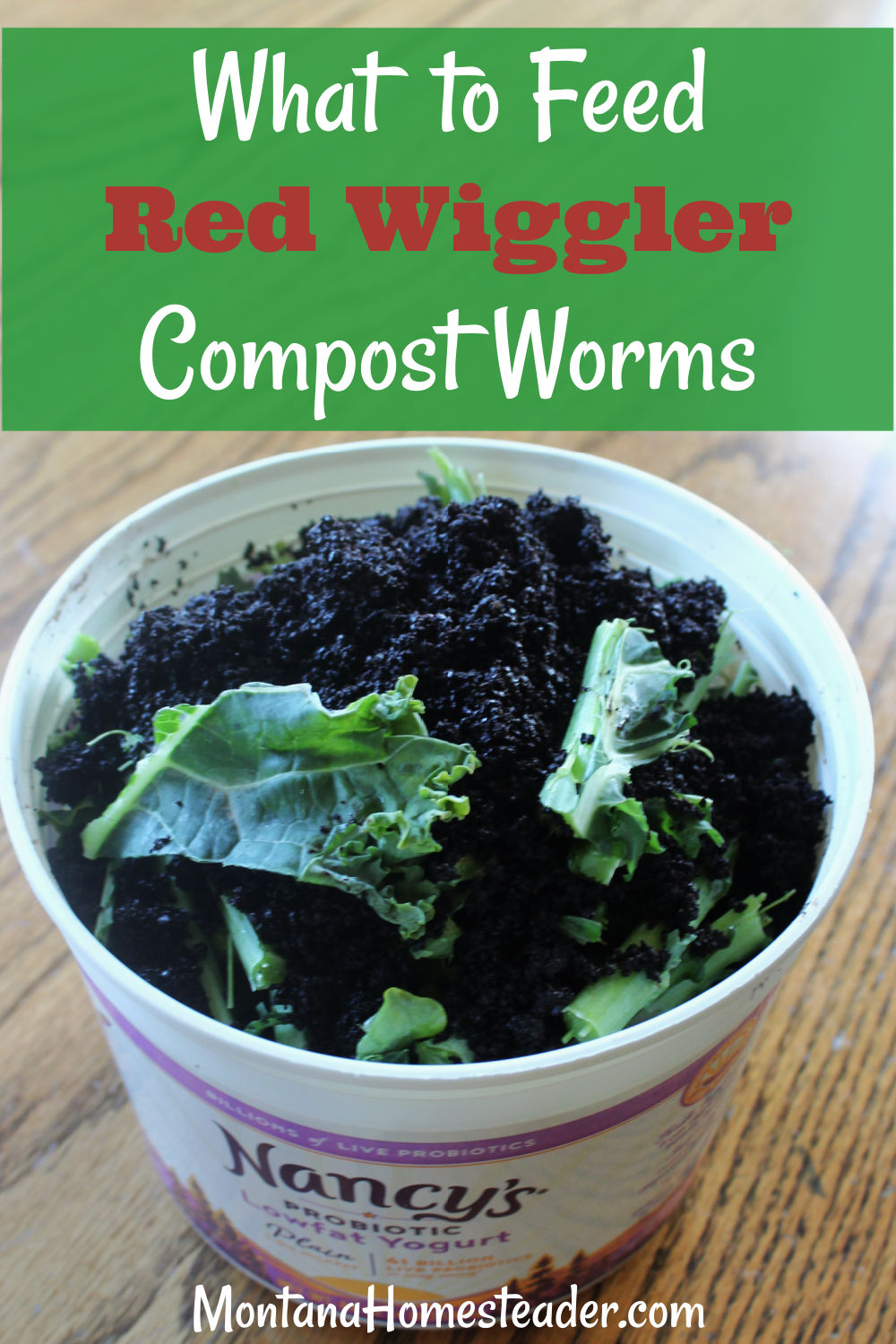Red Wigglers: The Unsung Heroes of Organic Waste Recycling
Red wigglers, or Eisenia fetida, offer as essential representatives in the natural waste recycling process, changing disposed of products into important vermicompost. As the globe progressively seeks services to battle waste build-up and boost farming efficiency, comprehending the function of these worms comes to be vital.
What Are Red Wigglers?
The amazing resilience of red wigglers, medically referred to as Eisenia fetida, underscores their critical function in natural waste recycling. These little, reddish-brown earthworms are usually found in decaying organic issue, such as compost heap and manure stacks. Lake Hickory Bait. Unlike various other earthworm types, red wigglers grow in nutrient-rich atmospheres and are very effective at damaging down organic products, making them essential for vermicomposting

Advantages of Composting With Worms
Composting with worms, specifically red wigglers, offers various advantages that improve both waste monitoring and dirt wellness. Initially, these worms efficiently break down organic waste, transforming it right into nutrient-rich vermicompost that improves dirt. This process speeds up decay, permitting a quicker recycling of kitchen area scraps and various other natural materials compared to conventional composting techniques.
Furthermore, the vermicompost produced by red wigglers is brimming with useful bacteria, which assist improve dirt framework, oygenation, and wetness retention. This enhances the total wellness of plants, advertising vigorous growth and raised yields in yards and farming settings. Furthermore, making use of worms in composting minimizes the production of greenhouse gases, such as methane, contributing to an extra sustainable waste management system.

Exactly How to Begin Vermicomposting
Establishing a vermicomposting system is a simple procedure that can yield considerable advantages for both waste management and soil enrichment. To start, pick a suitable container, such as a plastic container or wood box, with ample ventilation holes to guarantee appropriate air flow. The measurements should ideally be about 2 feet by 3 feet, allowing enough space for the worms to thrive.
Next, prepare bedding material, which can include shredded newspaper, cardboard, or coconut coir. This bedding must be dampened to produce an appropriate habitat for the worms. When the bed linen is in place, introduce red wigglers (Eisenia fetida) into the container, generally around one pound of worms for every square foot of surface.
Complying with the placement of worms, include natural waste, such as fruit and vegetable scraps, coffee premises, and smashed eggshells. With these steps, you will effectively launch a vermicomposting system that contributes to sustainable helpful resources waste monitoring and enhances your soil.
Maintaining a Healthy And Balanced Worm Bin
Delicately mixing the bed linen and food scraps every couple of weeks protects against compaction and ensures that all worms have access to oxygen. Furthermore, it is vital to feed the worms appropriately.
If the bin becomes too hot or cold, the worms may end up being stressed. By vigilantly taking care of these factors, one can preserve a durable and productive worm container.
Influence On Lasting Living
The effective maintenance of a worm bin not only profits the wellness of red wigglers however likewise contributes substantially to sustainable living practices. By reusing natural waste, such as kitchen area scraps and yard particles, red wigglers assist divert substantial amounts of product from garbage dumps. This reduction in waste not just reduces greenhouse gas emissions yet likewise reduces the environmental worry connected with waste management.
Moreover, the spreadings produced by red wigglers act as a nutrient-rich organic fertilizer, boosting soil health and promoting plant growth. This all-natural alternative to chemical plant foods supports lasting agriculture and horticulture practices, lowering reliance on artificial inputs that can harm ecosystems. Furthermore, worm composting fosters recognition of waste management, urging individuals and neighborhoods to take on more lasting practices.

Final Thought
In recap, red wigglers offer as essential factors to organic waste recycling via their reliable decay of organic materials. By incorporating vermicomposting right into waste administration techniques, individuals and communities can dramatically lower waste while advertising environmental sustainability.
Comments on “Trust Red Wiggler Express for Sustainable and Effective Lawn Care Options”